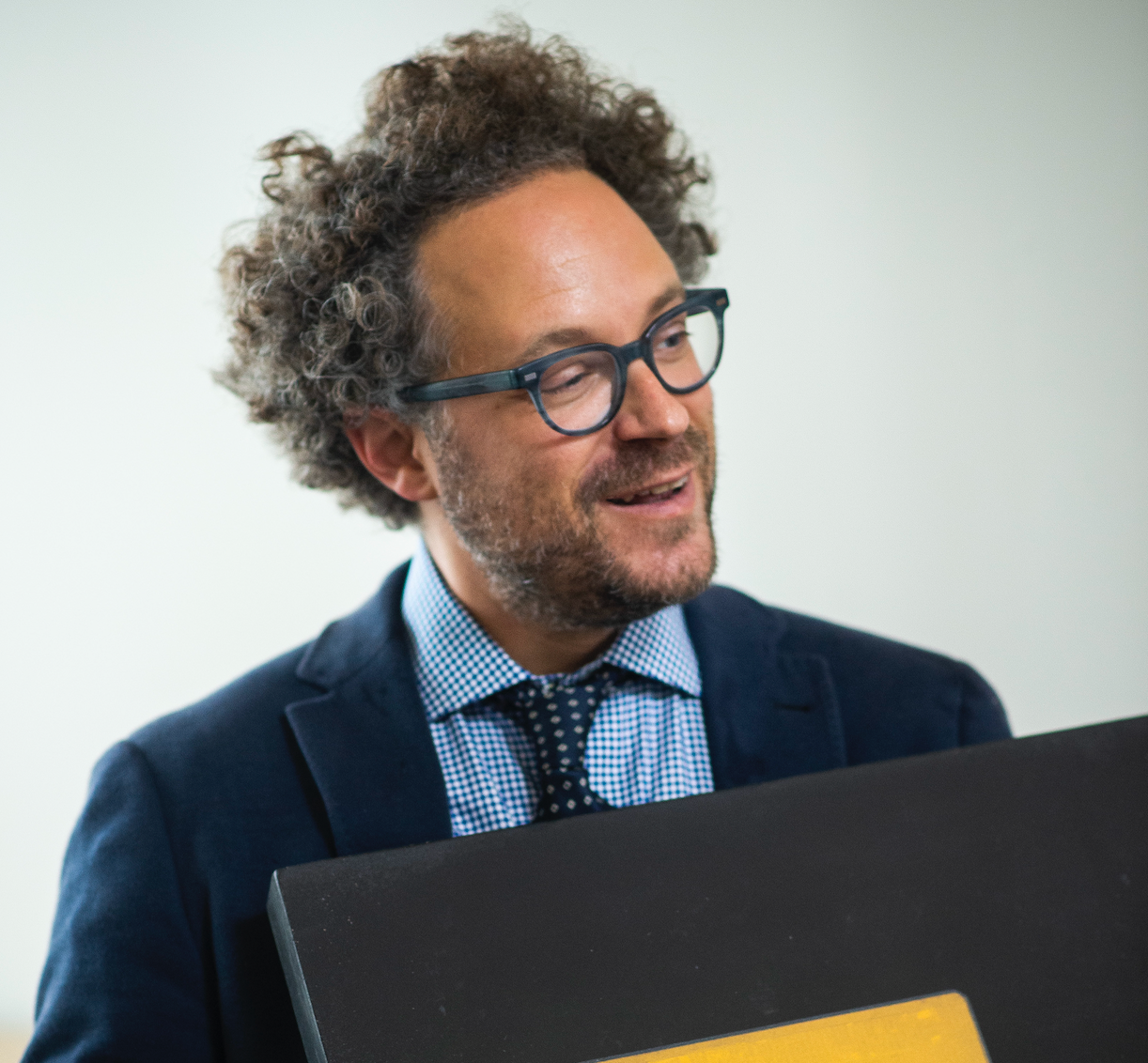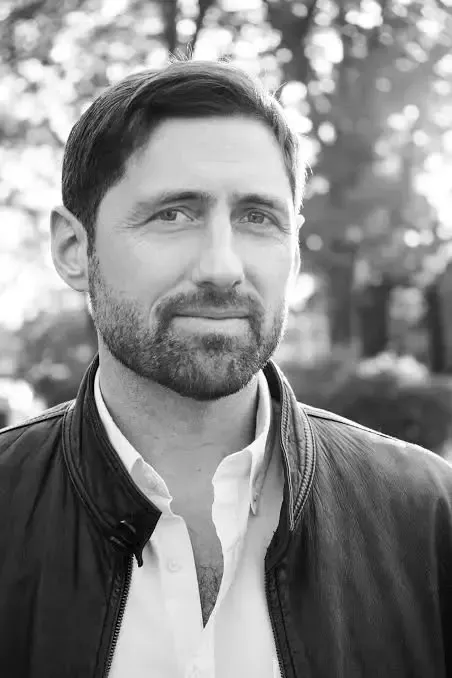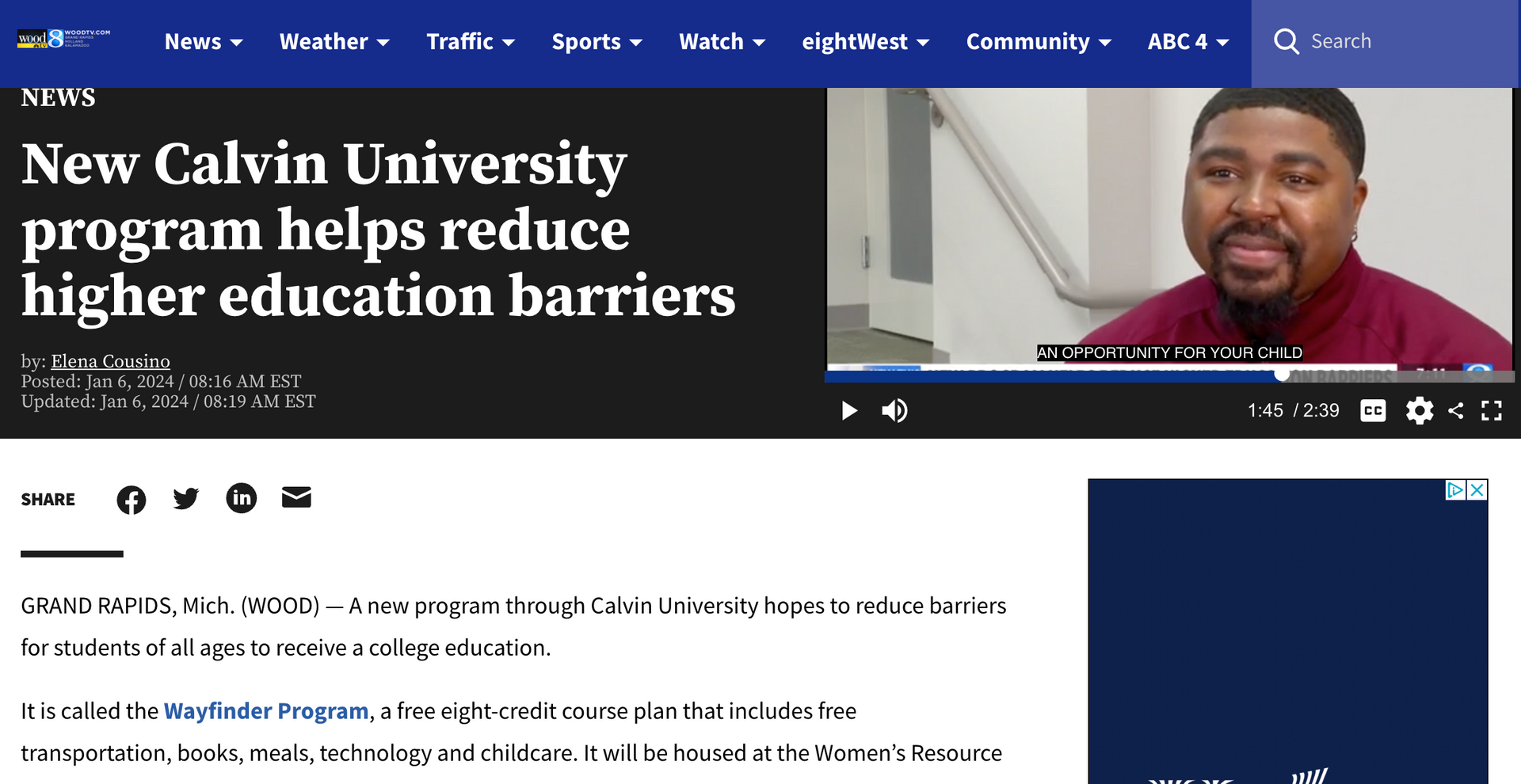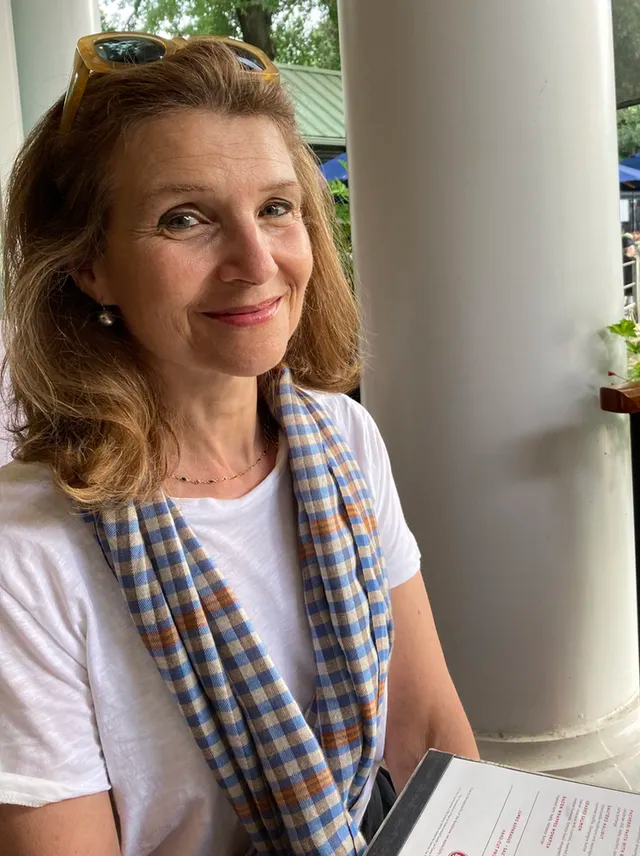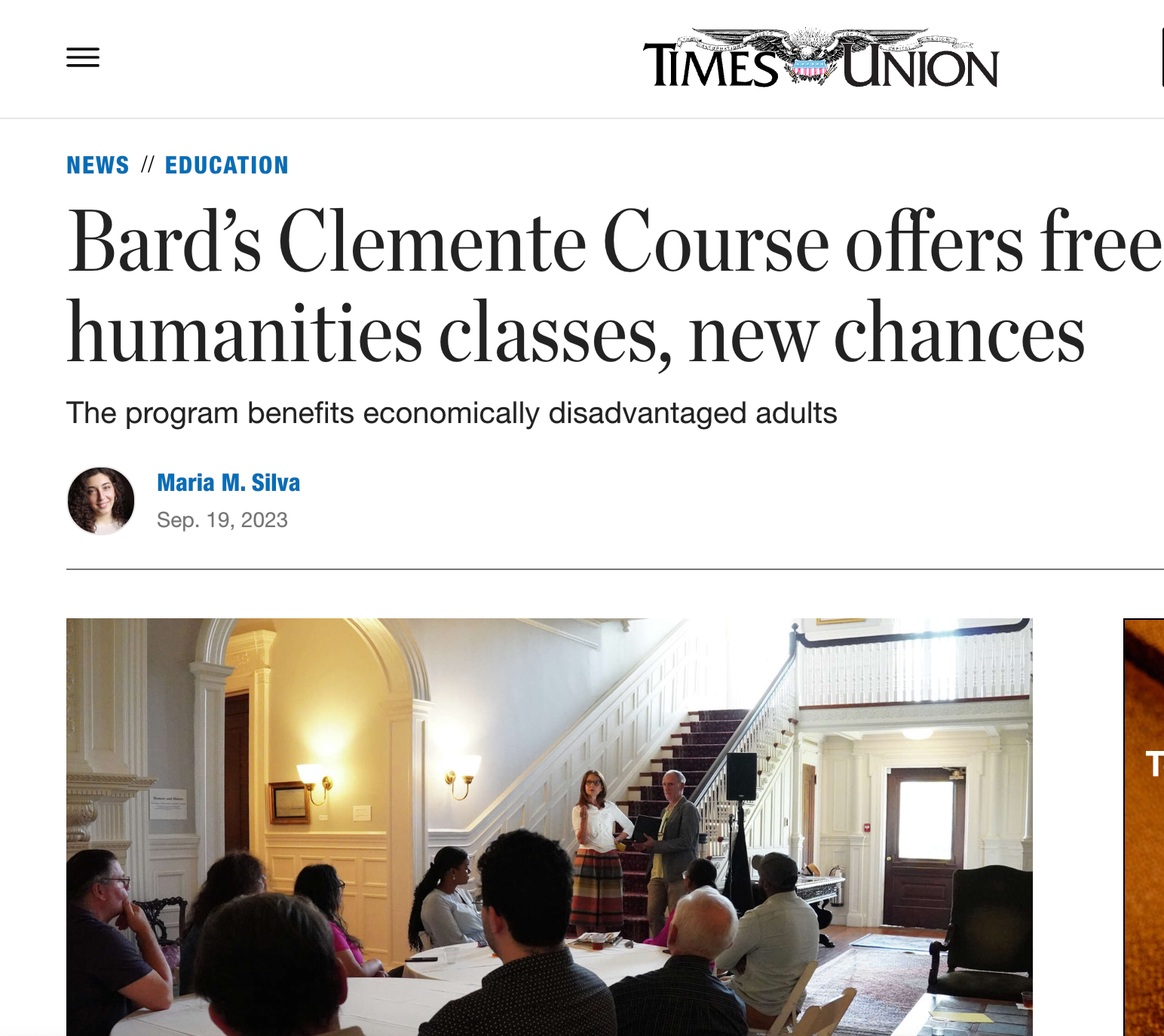"A Prescription for College Humanities Under the Roof of a Boston Health Center"
Excerpt from The Washington Post
A Community Health Center may seem like an unlikely place to learn about the arts and humanities, but really, when you think about it, the notion is not so implausible. At
Codman Square Health Center, located in the working class neighborhood of Dorchester in Boston, the focus is always on the whole health of a patient.
To that end, if a health center patient requires a prescription for intellectual sustenance, Codman Square helps fill that need with a twice weekly course on humanities and art. The course, called the Clemente Course, is one of 31 given around the country (and one of five in Massachusetts). It offers a cultural dive into the great books and ideas of world history — Socrates, Shakespeare, Aristotle, Plato, Homer and writers such as Langston Hughes and Zora Neale Hurston. Students are also exposed to a wide-ranging swath of art history, from Mesopotamia to Pablo Picasso and Andy Warhol. There are classes in moral philosophy, literature, American history, art history and writing. The students meet for two semesters. To be eligible for admission a student cannot have graduated from college and must live in a household getting by on less than what is considered a living wage in Boston (about $13.42 an hour for one person). The classes are free. Once the course is complete each student receives six credits from Bard College in New York State that can be transferred to another learning institution.
The concept of bringing college level education to low income populations started with Earl Shorris, a social critic and the founder of the Clemente Course. He said the idea started as a result of conversations he had while researching why the underserved have trouble moving up the economic ladder. In one of his interviews, he met a woman named Viniece Walker who said that the underserved lacked “the moral life of downtown.” Earl understood her to mean that they lacked a humanities education (the museums, lecture halls and libraries of downtown) and he decided to replicate his University of Chicago Great Books program for low-income, adult students. The first course was taught at the Roberto Clemente Family Guidance Center in Lower Manhattan in 1995 and took its name from that community partner. Kristin O’Connell, then Associate Director of MassHumanities, brought the idea to Massachusetts, first to Holyoke in 2000 and Dorchester in 2001. The Clemente Course operates as a partnership between MassHumanities, Bard College, and Codman Square Health Center.
“Codman has always demonstrated a deep commitment to education, as health care alone cannot move an individual beyond the often constraining social determinants of health our patients face. The Clemente Course gives individuals in our community an opportunity to reflect on great works of literature, arts, and philosophy – empowering them to think beyond their circumstances,” says Sandra Cotterell, CEO, Codman Square Health Center. “Though sometimes difficult to quantify, programs like Clemente give individuals their first taste of higher education and can serve as the first step in a more engaged and educated life. The Clemente Course has changed our community for the better over the past 16 years.”
Even though the attrition rate can be as high as 50 percent at times, a study requested by the funders found that two-thirds of the Massachusetts graduates had taken college classes. Many students also reported volunteering for political campaigns for the first time, and being more engaged in public affairs.
“Clemente is about reflecting on major moral and human issues and setting standards and goals for yourself” says Jack Cheng, PhD, founding and current Clemente faculty member. For many of our students, life is a series of reactions to financial, familial or medical emergencies and it’s helpful for them to have had time to think about the principles they want to guide their choices.”
Read more about Codman Square Health Center’s Clemente Course in this article published in
The Washington Post .
Original article.
